Software Coding Best Practices
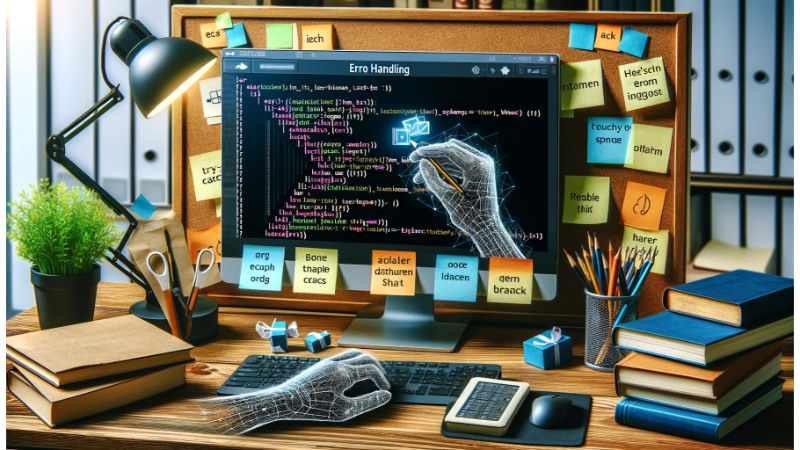
In today’s fast-paced technological world, software development is a crucial skill. Ensuring the quality, maintainability, and efficiency of your code is essential. Adhering to software coding best practices not only improves the overall code quality but also facilitates collaboration and long-term project success. Here are some of the key best practices every developer should follow:
1. Write Clean and Readable Code
Clean code is easily understandable by others and your future self. Use meaningful variable and function names, keep functions small and focused, and adhere to consistent naming conventions. Comment your code where necessary, but ensure the code itself is self-explanatory.
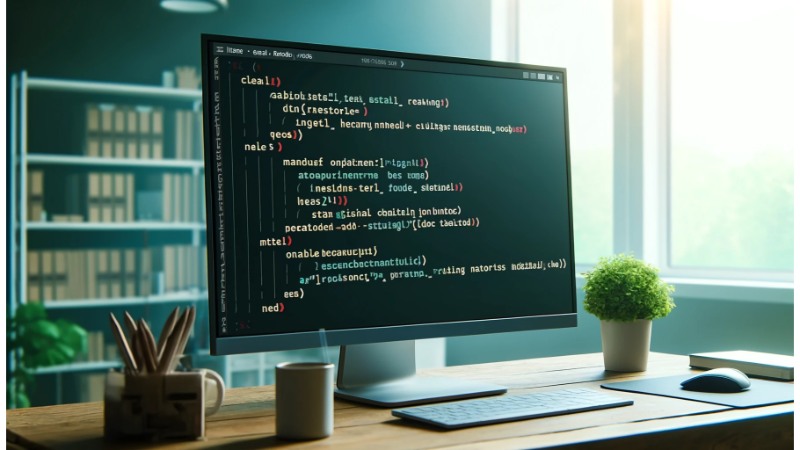 2. Follow a Coding Standard
2. Follow a Coding Standard
Consistent code style helps teams work together more efficiently. Adopting a coding standard, such as Google’s style guides or PEP 8 for Python, ensures uniformity across the codebase, making it easier to read and maintain.
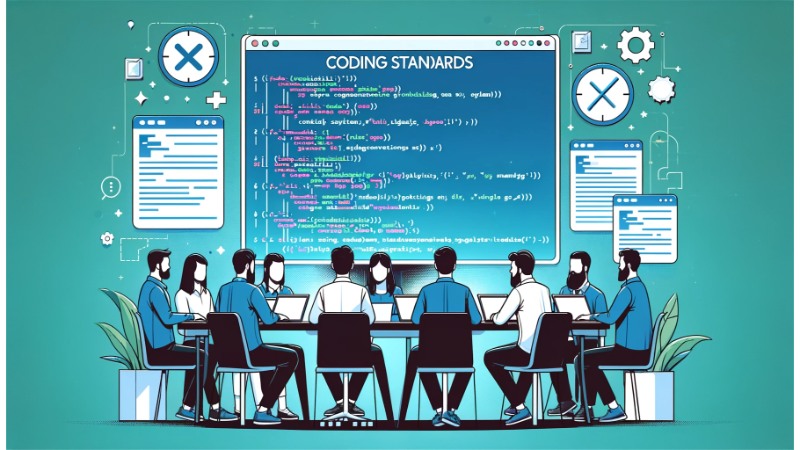 3. Version Control
3. Version Control
Using version control systems like Git is crucial for tracking changes, collaborating with team members, and managing code versions. Regularly commit changes with meaningful messages, and make use of branching to manage new features and bug fixes.
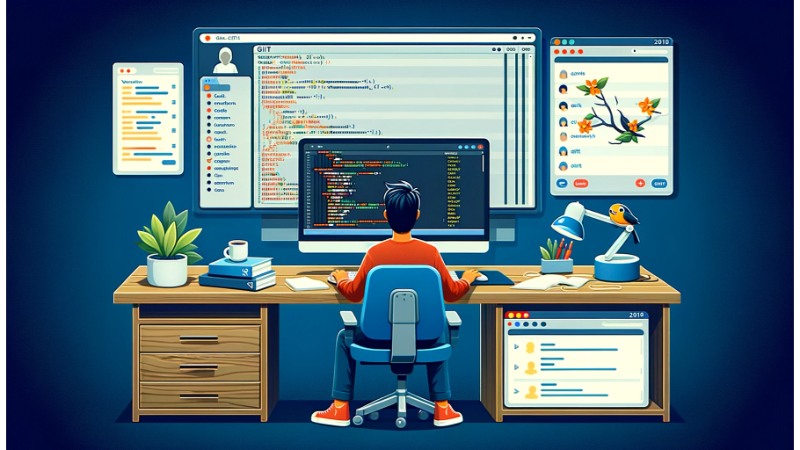 4. Write Unit Tests
4. Write Unit Tests
Testing is vital for ensuring code reliability. Writing unit tests for your code helps catch bugs early, facilitates refactoring, and ensures that your code works as intended. Use testing frameworks like JUnit for Java or pytest for Python.
 5. Optimize Performance
5. Optimize Performance
Efficient code is critical for performance-sensitive applications. Avoid premature optimization but be mindful of writing efficient algorithms and data structures. Profile your code to identify and address bottlenecks.
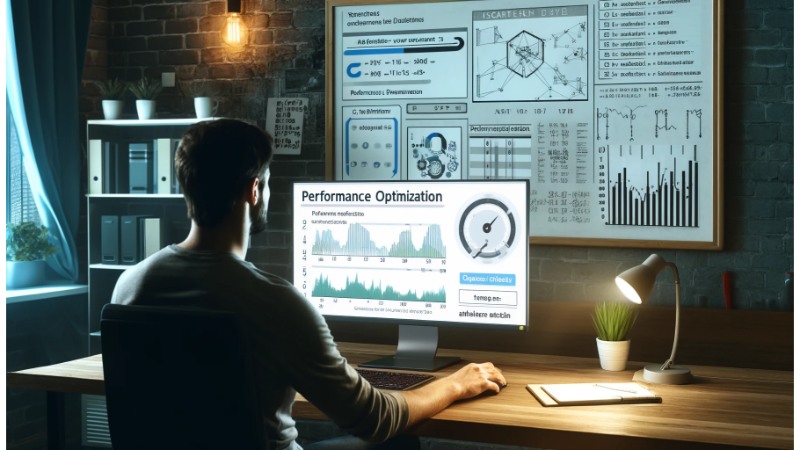 6. Handle Errors Gracefully
6. Handle Errors Gracefully
Implement robust error handling to ensure your application can recover from unexpected conditions. Use try-catch blocks, validate inputs, and provide meaningful error messages to aid debugging and user experience.
 7. Document Your Code
7. Document Your Code
Comprehensive documentation is essential for future maintainability. Document your code, APIs, and overall system architecture. Tools like Javadoc for Java or Sphinx for Python can automate documentation generation.
 8. Continuous Integration and Deployment
8. Continuous Integration and Deployment
Automate your build, test, and deployment processes using CI/CD tools like Jenkins, Travis CI, or GitHub Actions. Continuous integration ensures that code changes are continuously tested and integrated into the main branch, reducing integration issues.
 9. Code Reviews
9. Code Reviews
Peer code reviews are invaluable for maintaining code quality. Regular reviews help identify bugs, ensure adherence to coding standards, and foster knowledge sharing within the team.
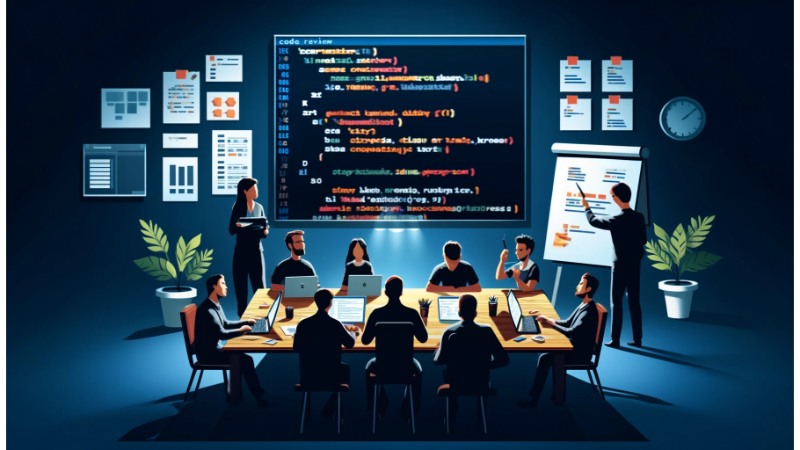 10. Keep Learning and Improving
10. Keep Learning and Improving
The tech industry evolves rapidly. Stay updated with the latest best practices, frameworks, and tools. Regularly refactor your code to improve its structure and maintainability.
 Conclusion
Conclusion
By following these software coding best practices, developers can produce high-quality, maintainable, and efficient code. These practices not only enhance individual productivity but also contribute to the overall success of the software project. Embrace these best practices and continuously strive to improve your coding skills.


